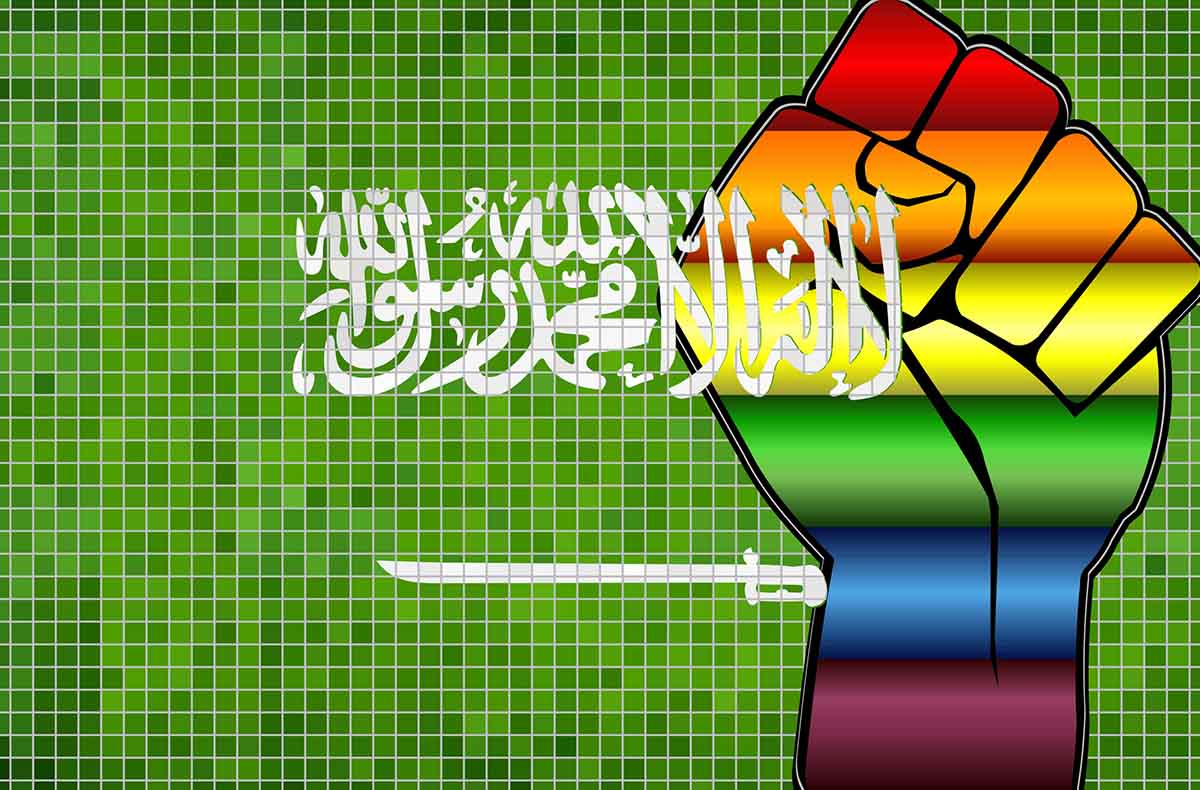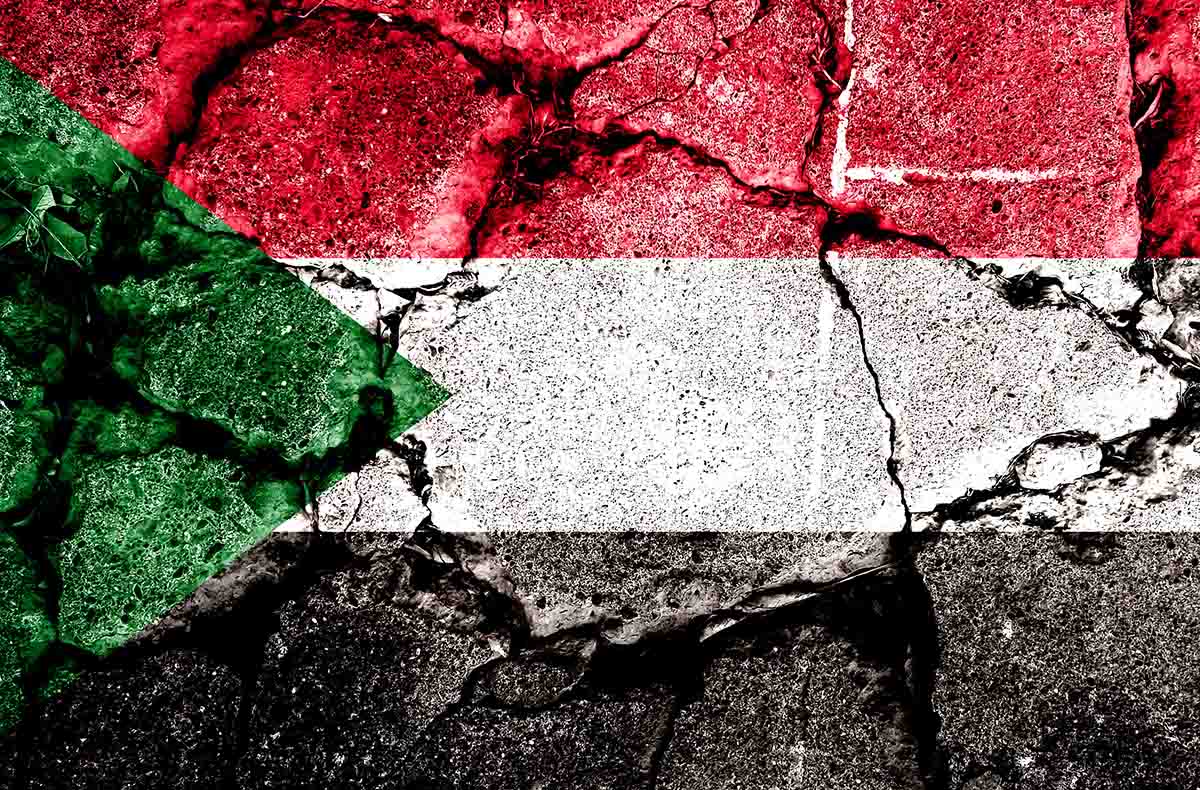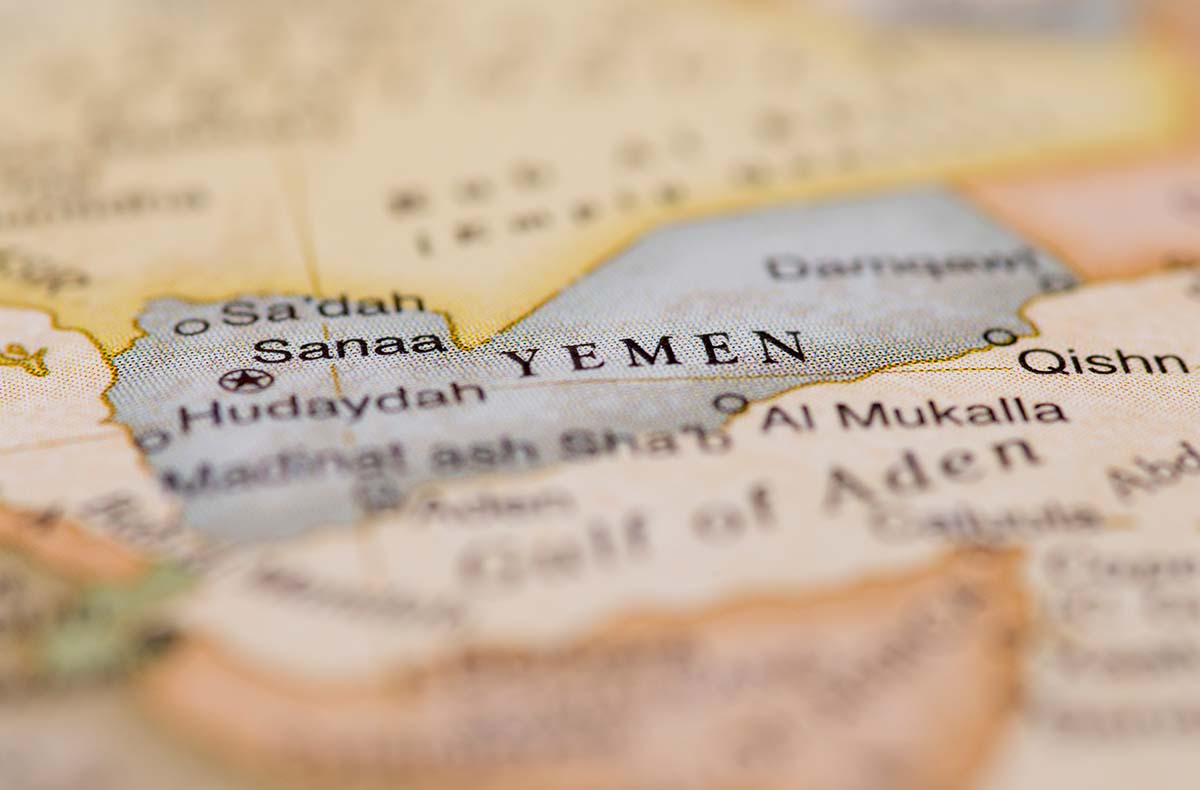
Reports that Saudi Arabia is now “welcoming LGBT tourists” generated buzz across global media earlier this month. This was a reaction to the official Saudi Tourism Authority website responding to one of the FAQs on LGBT visitors by saying: “Everyone is welcome to visit Saudi Arabia and visitors are not asked to disclose such personal details.” This, in turn, implies that as long as the LGBT tourists don’t overtly express their homosexual or trans identities they are “welcome” in the Saudi kingdom.
An unwritten policy of “don’t ask, don’t tell” was already in place for overseas LGBT workers and tourists in Saudi Arabia. It has now been made public by the tourism authority to encourage a greater flow of tourists, including gay couples who might have been understandably apprehensive over the horror stories of the atrocities committed against the LGBT community in the kingdom, which foreigners weren’t entirely immune from.
This reassurance is a part of the rebranding of the kingdom spearheaded by Mohammed bin Salman, which included Saudi Arabia opening itself to cinemas, women-led concerts, raves and Halloween parties.
It is a volte-face necessitated by new economic realities, which still hasn’t changed the fact that Saudi Arabia is one of three Muslim-majority countries responsible for 90% of global executions, with capital punishments doubling under the “progressive” MBS leadership. And among those who have witnessed sharia-enforced brutalities are members of the Saudi LGBT community, who, unlike tourists bringing foreign currencies, aren’t quite as “welcome” in their own country.
Saudi Arabia remains one of 11 countries, all Muslim-majority, where homosexuality can be punishable by death. This murderous homophobia, rooted in Islamic theology and imposed in Saudi codes, has seen gay people being condemned to death in mass executions along with terrorists.
Raids are often conducted over consensual sexual activities in private settings, with scores of closeted members of the Saudi LGBT community sharing tales of fear and despair over aspirations to exercise a fundamental human right. Many have braved potential death and violence to sustain gay communities maintaining bubbles of existence.
For these communities, and others who face gory ramifications in the kingdom over apostasy, atheism, or even cohabiting outside of marriage, these Saudi overtures to foreigners, and claims of modernity, are but a grotesque insult.
For, there cannot be any “modernization” or “progress” without universality of acceptance and uncompromised embracing of human rights. Even though expecting the al-Saud family to surrender its control and usher in democracy might be a quixotic notion as things stand, even the MBS-led economic agenda will benefit from unshackling the marginalized communities.
While a draconian Salafi-Islamist Saudi Arabia benefitted the rulers arbitrarily running a heavily centralized oil-dominated economy over the past five decades, financial diversification demands societal openness, which is why sharia legislations coincide with fiscal plunge, given the restrictions on certain sections often including the female population.
Allowing other sexual, gender, and ideological minorities to express their identities would naturally make them stakeholders in the sustenance and wellbeing of a society that currently upholds violence over their existence.
On the ideological front, there is a need to embrace gay Muslims within the community. Where the West has provided space to gay imams, the Muslim world is precariously fixated on the Islamic condemnation of homosexuality, emphasizing that one cannot be both gay and Muslim.
What one can, and cannot be, should be left to an individual as long as they are not infringing on others’ rights. Even if one were to embrace literalism, the contradiction exists in endorsing LGBT rights with adherence to literal Islamic theology not with being a Muslim, which is a communitarian identity, predominantly a coincidence of birth—not a vow of scriptural adherence as it continues to be misperceived.
Accepting LGBT rights contradicts Islam in the same vein as gender equality, or religious freedom, would, and it is precisely this Islamic orthodoxy that we need to drag ourselves out of by undoing the arbitrary enforcement of Islam. This is something other communities, notably the adherents of the other two Abrahamic religions, have achieved in recent centuries.
Even so, the global Muslim backlash to even this hypocritical embrace of LGBT visitors on the part of Saudi Arabia, underlines that the Salafi jihadist ideology, and its radical strains propagated by Riyadh are now boomeranging on the kingdom, at least in words if not action.
That’s the predicament that accompanies arbitrary enforcement of any ideals, especially when complete reversals are undertaken without rationalization of previous positions, in turn rendering the masses irrelevant bystanders at best, and vulnerable targets at worst.
The rest of the Muslim world should take note and refuse to accept the al-Saud stranglehold over Islamic heritage and narratives, or Riyadh’s coerced claims of global Muslim representation, and undertake indigenous, and organic, reformation. Meanwhile, Saudi Arabia itself needs to reconsider its exclusivist “modernization” strategy on economic developmental grounds, even if not as part of ideological self-reflection. For, the acceptance of communities deemed heretic in Islam, such as the LGBT, will remain the yardstick of Muslim progress, both in Saudi Arabia and elsewhere.



